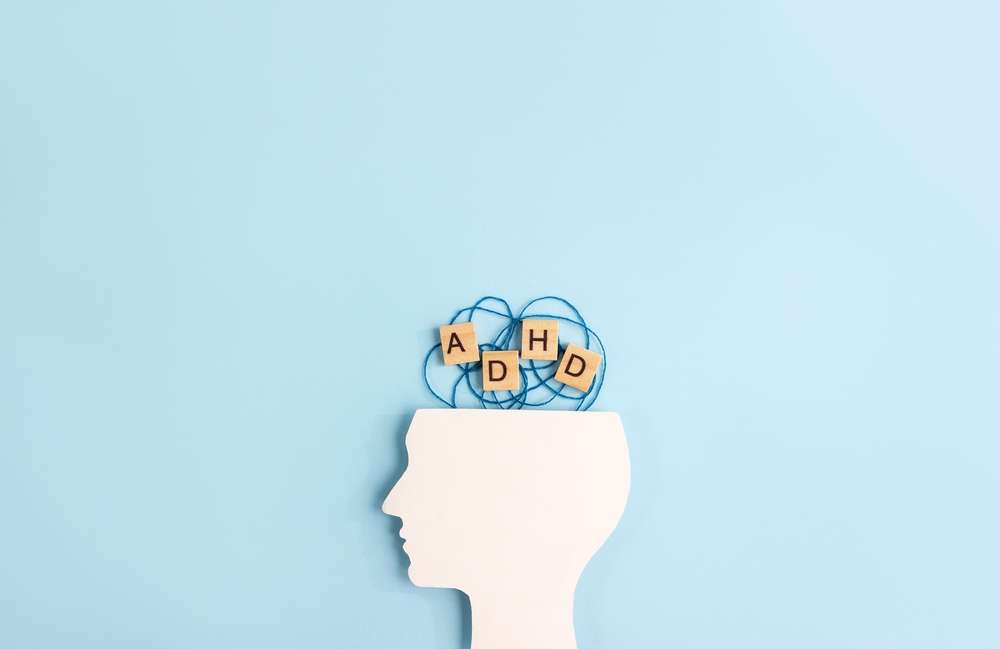ADHD Treatment in the USA: Modern Therapies and Specialized Support Centers
In the United States, individuals with ADHD have access to advanced diagnostic tools, evidence-based therapies, and specialized medical centers. Discover available treatment options, from behavioral therapy and medication to educational support, and learn how patients receive comprehensive care tailored to their needs at every stage.

Attention-Deficit/Hyperactivity Disorder (ADHD) is one of the most common neurodevelopmental disorders in the United States, affecting approximately 6.1 million children and millions more adults. This condition, characterized by persistent patterns of inattention, hyperactivity, and impulsivity, requires comprehensive treatment approaches tailored to individual needs. The American healthcare system has developed sophisticated methods for diagnosing and treating ADHD, combining medical interventions with therapeutic support and educational accommodations to help those affected lead fulfilling, productive lives.
Current Diagnostic Practices for ADHD in the United States
The journey to effective ADHD treatment begins with proper diagnosis. In the United States, diagnosis typically involves comprehensive evaluations conducted by qualified healthcare professionals, including psychiatrists, psychologists, neurologists, or specialized ADHD clinics. These assessments generally include standardized rating scales, detailed medical and developmental histories, behavioral observations, and sometimes neuropsychological testing. The Diagnostic and Statistical Manual of Mental Disorders (DSM-5) provides the clinical criteria used by American practitioners, requiring symptoms to be persistent, impairing, and inconsistent with developmental level. Many specialized centers now offer integrated assessment services that evaluate executive functioning, learning abilities, and co-occurring conditions to create more personalized treatment plans.
How Does Behavioral Therapy Support ADHD Management?
Behavioral therapy represents a cornerstone of ADHD treatment in the USA, offering evidence-based strategies that help individuals develop skills to manage their symptoms effectively. Cognitive Behavioral Therapy (CBT) helps patients identify negative thought patterns and develop more productive behaviors. Parent training programs teach caregivers techniques to provide consistent structure and positive reinforcement. Social skills training addresses the interpersonal challenges often experienced by people with ADHD. Organizational skills coaching helps with time management, planning, and task completion—areas where many ADHD patients struggle. American treatment centers increasingly offer these interventions in both individual and group formats, with some pioneering virtual delivery methods that improve accessibility, particularly in underserved areas.
Medication Options and Approaches for ADHD Treatment
Medication remains one of the most effective interventions for managing ADHD symptoms. In the United States, stimulant medications like methylphenidate (Ritalin, Concerta) and amphetamine-based formulations (Adderall, Vyvanse) are first-line treatments due to their demonstrated efficacy in reducing core symptoms. For those who don’t respond well to stimulants or experience adverse effects, non-stimulant options such as atomoxetine (Strattera), guanfacine (Intuniv), and clonidine (Kapvay) provide alternatives. American medical practice typically employs careful titration protocols, starting with low doses and gradually adjusting based on symptom response and side effects. The development of extended-release formulations has significantly improved treatment adherence by reducing the need for multiple daily doses, allowing for more consistent symptom management throughout the day.
Specialized ADHD Clinics Across the United States
The United States boasts numerous specialized ADHD centers that provide comprehensive care. Major academic medical centers like Massachusetts General Hospital’s ADHD Program, NYU Langone’s Child Study Center, and UCLA’s ADHD Clinic offer multidisciplinary approaches combining psychiatric care, psychological services, and educational support. Community-based clinics such as the ADHD Centers of America network provide accessible treatment options in multiple states. These specialized facilities typically offer advantages over general practices, including providers with specific ADHD expertise, comprehensive assessment services, integrated treatment approaches, and connections to community resources. Many centers also participate in research initiatives, giving patients potential access to cutting-edge treatments and clinical trials investigating new therapeutic approaches.
Modern Treatment Methods Beyond Traditional Approaches
Treatment for ADHD in the United States has evolved beyond medication and traditional therapy to include innovative approaches addressing various aspects of the condition. Neurofeedback training helps patients learn to regulate brain activity associated with attention and impulse control. Digital health interventions, including FDA-approved video games like EndeavorRx, provide therapeutic activities through engaging platforms. Mindfulness-based interventions teach attention regulation and emotional awareness through meditation practices. Executive function coaching focuses specifically on organizational skills, time management, and planning. Additionally, lifestyle modifications including structured physical activity programs, nutritional approaches, and sleep hygiene interventions are increasingly recognized as important complementary strategies in comprehensive ADHD management plans.
Cost Considerations for ADHD Treatment Services
ADHD treatment costs in the United States vary significantly depending on the type of services, provider credentials, geographic location, and insurance coverage. Comprehensive evaluations typically range from $1,200 to $2,500 for initial assessments. Ongoing medication management visits cost between $150 and $300 per session, while therapy sessions average $100-$200 per hour. Many patients require multiple treatment components simultaneously.
| Service Type | Provider Type | Average Cost Range |
|---|---|---|
| Initial Evaluation | Psychiatrist | $300-$500 |
| Initial Evaluation | Neuropsychologist | $1,500-$2,500 |
| Medication Management | Psychiatrist | $150-$300 per visit |
| Behavioral Therapy | Licensed Therapist | $100-$200 per session |
| Neurofeedback | Specialized Clinic | $2,000-$5,000 for full course |
| ADHD Coaching | Certified Coach | $75-$250 per hour |
Prices, rates, or cost estimates mentioned in this article are based on the latest available information but may change over time. Independent research is advised before making financial decisions.
Support Systems for People Living with ADHD
Beyond clinical interventions, comprehensive ADHD treatment in the United States includes robust support systems that help individuals navigate daily challenges. Educational accommodations through Individualized Education Programs (IEPs) or 504 Plans provide crucial support for students, including extended test time, reduced homework loads, or preferential seating. Workplace accommodations under the Americans with Disabilities Act might include flexible scheduling, noise-canceling headphones, or written instructions for complex tasks. Support groups, both in-person and online, offer valuable peer connections and practical advice. Organizations like CHADD (Children and Adults with ADHD) and ADDA (Attention Deficit Disorder Association) provide resources, advocacy, and community connections nationwide. These support systems recognize that effective ADHD management extends beyond clinical settings into everyday environments where challenges often manifest.
The landscape of ADHD treatment in the United States continues to evolve, with increasing emphasis on personalized, multimodal approaches that address the condition’s complex nature. While medication remains an effective intervention for many, comprehensive treatment increasingly incorporates behavioral strategies, technological innovations, environmental modifications, and supportive communities. As research advances our understanding of ADHD’s neurobiological underpinnings, treatment approaches will likely become even more targeted and effective, offering hope for the millions of Americans navigating life with this challenging but manageable condition.
This article is for informational purposes only and should not be considered medical advice. Please consult a qualified healthcare professional for personalized guidance and treatment.




